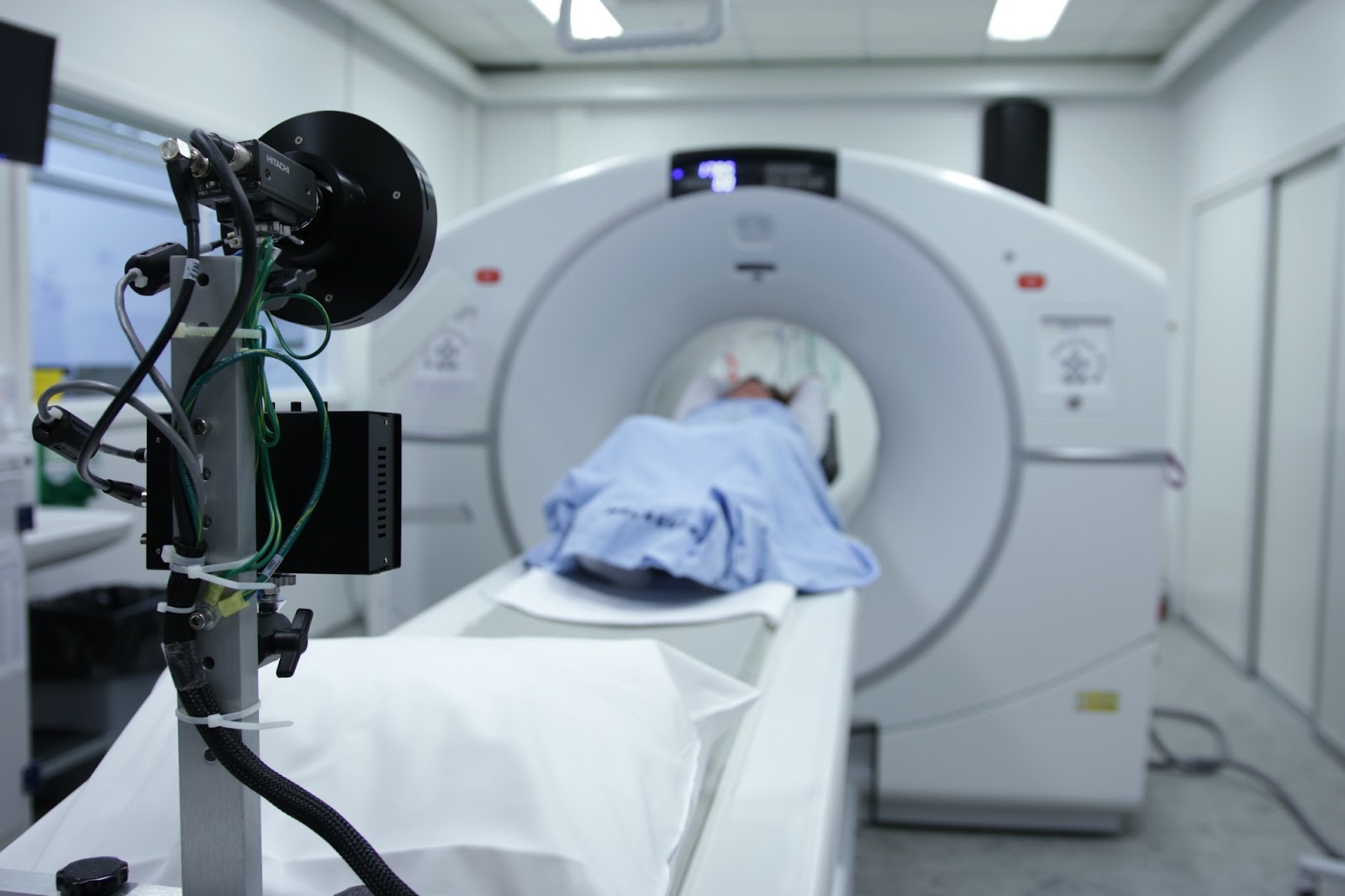If you’re in charge of running a hospital or medical business, the responsibility for purchasing equipment often falls on your shoulders. People in your position need to find the highest-quality tools to meet the needs of patients.
With the medical supplies wholesaling industry valued at $243.3 billion in 2021, your hospital needs to be ready to keep up with the growth.
Buying hospital equipment doesn’t have to be a pain. You can find the best choice for your organization by considering some important factors.
What You Need to Know When Buying Hospital Equipment
There are many types of equipment used in hospitals across the country and world, making it difficult at times to find the right products for your organization. This is why it’s highly recommended that you pinpoint its specific needs.
Here are five of the most important factors to consider when buying hospital equipment for your organization:
1. The reputation of the Equipment Supplier
The last thing your hospital needs is faulty medical equipment, which is more often than not provided by less reputable suppliers.
Spend some time looking at online equipment reviews from hospital equipment providers.
2. The necessity of the Equipment
Some types of equipment are more vital to the health of your patients than others. All are necessary, but many are more useful in specific contexts.
It’s also important to consider your specific medical field when determining what’s necessary. For example, an MRI might be more vital to everyday operations in radiology than in the daily practices of primary care physicians.
Determine what equipment your hospital needs the most, then prioritize the procurement of these items.
3. Cost of the Equipment
Medical professionals are well aware of the high costs of hospital equipment. However, different equipment suppliers may have different pricing scales.
Comparing equipment costs of suppliers is a necessary step in this process.
4. Used and New Equipment Options
If you’re trying to decide between used and new equipment options, you will need to consider how either will affect your processes. Used equipment is usually cheaper, but it may not meet your organization’s specifications. On the other hand, newer hospital equipment will generally have a longer life, yet might require higher maintenance.
There’s not a perfect option; choose the new or used equipment your organization can benefit from the most.
5. Service and Maintenance Required
You might assume older hospital equipment will require more servicing and maintenance, but this isn’t always the case. Newer models will often require more continued care than certain older types.
Buy the Best Hospital Equipment Today
Buying hospital equipment doesn’t need to be an arduous task. Once you consider which products will help your patients, practice, and organization the most, the options will be much more clear.
Don’t postpone your search for the proper equipment. We invite you to explore our selection of medical products today.

